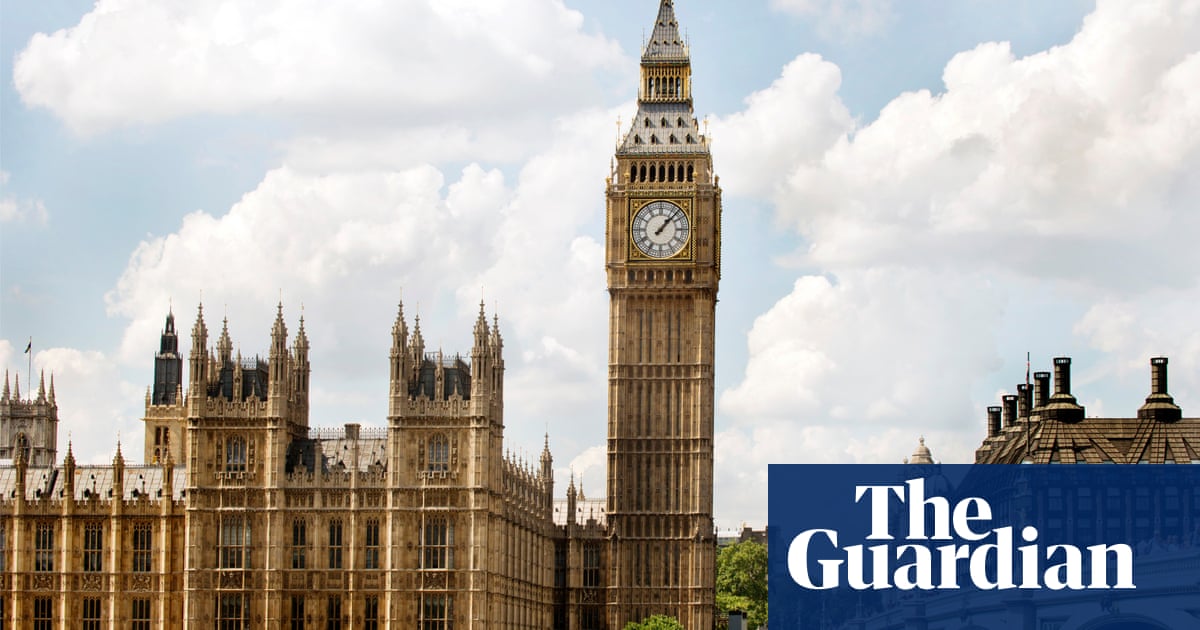
More than 100 MPs from across different parties are supporting a parliamentary bid to stop water companies discharging untreated sewage into rivers.
Philip Dunne, the Conservative chair of the environmental audit committee, is seeking in a private member’s bill to place a duty on water companies to ensure untreated sewage is not discharged into rivers and inland waterways.
The second reading of Dunne’s bill takes place on 22 January. It will require water companies to set out plans to progressively reduce their reliance on the use of combined sewer overflows (CSOs), which discharge untreated effluent after heavy rain.
Untreated sewage was released into English rivers more than 200,000 times in 2019, the Guardian revealed last year, suggesting the releases have become routine and their scale excessive.
Dunne said: “We have a significant number of MPs from all parties supporting the bill and 50,000 members of the public have signed a petition in support. Pressure is growing for water companies to fix the problem of excessive amounts of sewage being spilled into our rivers.
“The bill is acting as a catalyst for raising the profile of this problem and the government does appear to be recognising that.”
Water companies are given permits by the Environment Agency that allow them to discharge raw sewage into rivers via CSOs after extreme weather events, such as torrential rain, to stop water backing up and flooding homes.
More than 60 discharges a year from a storm overflow should trigger an investigation by the agency, but the Guardian data revealed that some storm overflows released discharges hundreds of times. The Environment Agency relies on water companies to self-monitor their CSOs.
Dunne’s bill would legally require water companies to be more transparent. If it became law, it would make it a legal requirement for them to publicly report on the number, condition, and quality of the sewage being discharged from CSOs and any other sewer catchment assets.
Surfers Against Sewage, which is part of a coalition of groups supporting the bill, presented a 50,000-strong petition to the environment secretary, George Eustice, calling for an end to sewage releases into rivers.
Those supporting the bill include the former Tory cabinet ministers Jeremy Hunt and Damian Green, the Green MP Caroline Lucas and the former shadow chancellor John McDonnell.
The bill would also require the government to investigate further steps that can be taken by stakeholders, such as the Environment Agency, to improve water quality. This could include bestowing bathing status on at least two inland waters every year to improve water quality in rivers.
Last month a popular stretch of the River Wharfe in Ilkley, north Yorkshire, became the first in the UK to be given bathing water status by the government in a victory for campaigners trying to stop the release of untreated sewage.
Several other areas are preparing to submit bids for rivers to be given bathing water status, which would result in stricter testing and require them to be publicly labelled as excellent, good, sufficient or poor.
Across the country, those pushing for their rivers to be given the legal status believe it will help drive up the quality of the water amid unprecedented levels of pollution.
According to the latest assessment by the Environment Agency, just 14% of English rivers are of good ecological standard, a rating that suggests they are as close to their natural state as possible.
No river achieved good chemical status, suggesting pollution from sewage discharge, chemicals and agricultureis having a significant impact on river quality. In 2016, 97% of rivers were judged to have good chemical status, though the standard of testing used this time was tougher.












